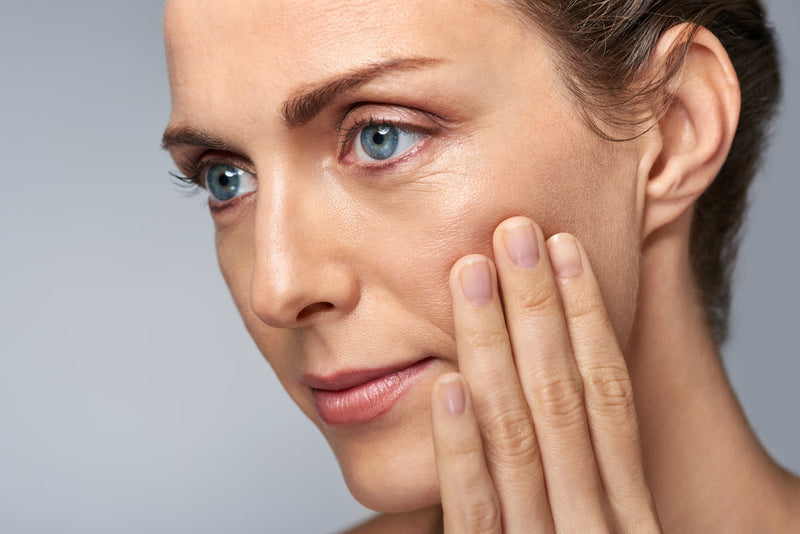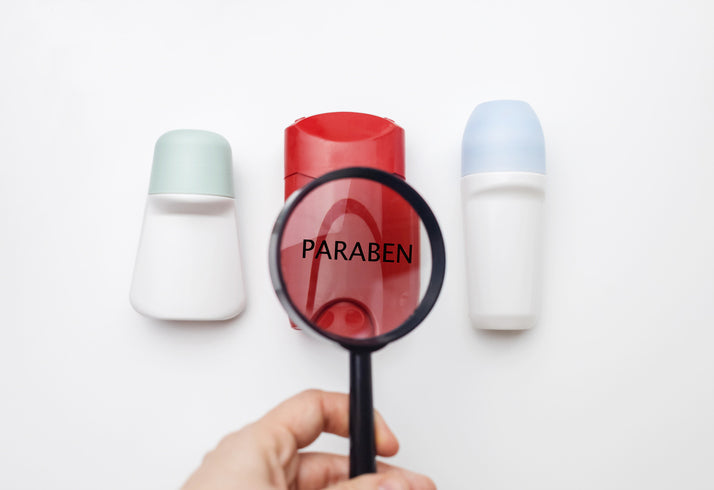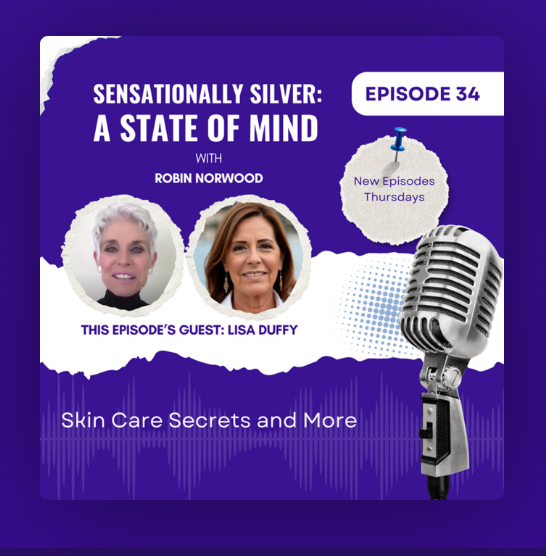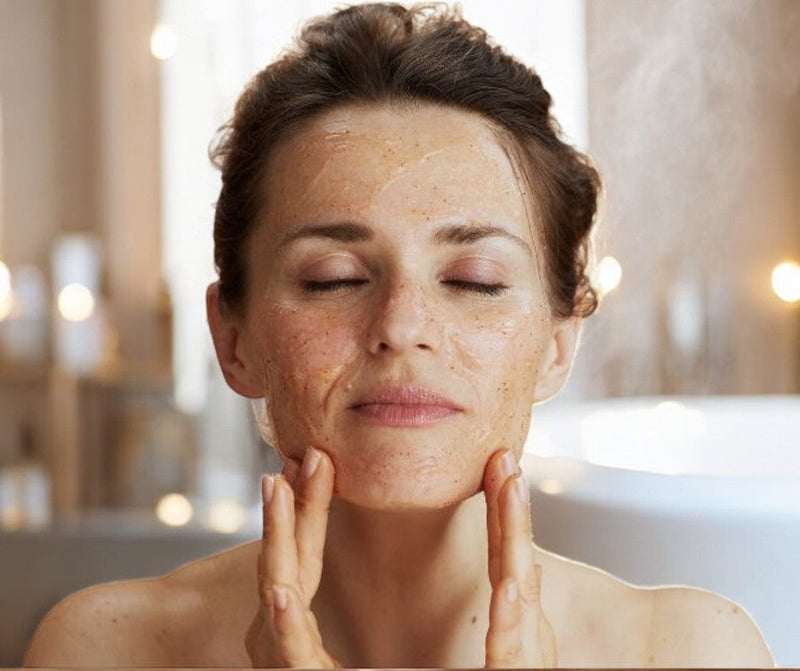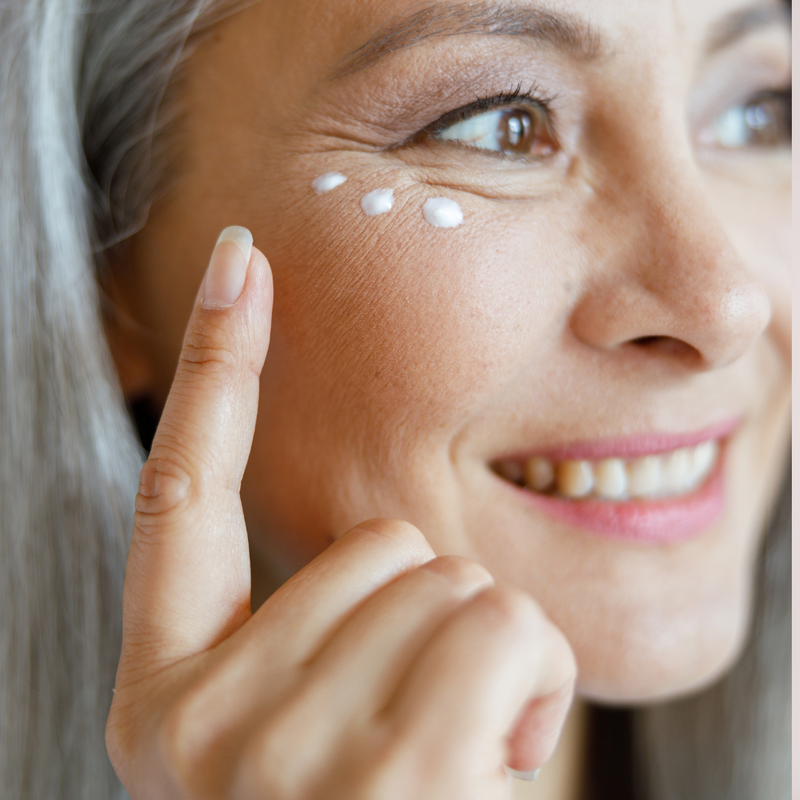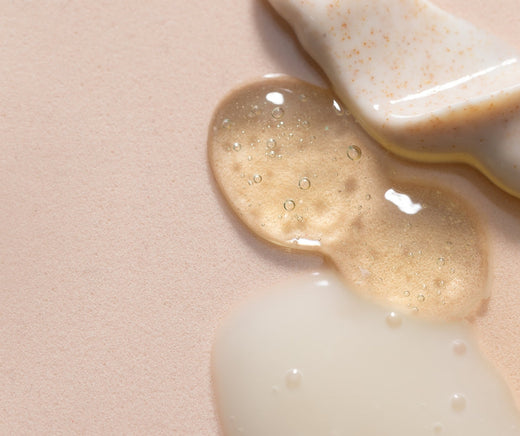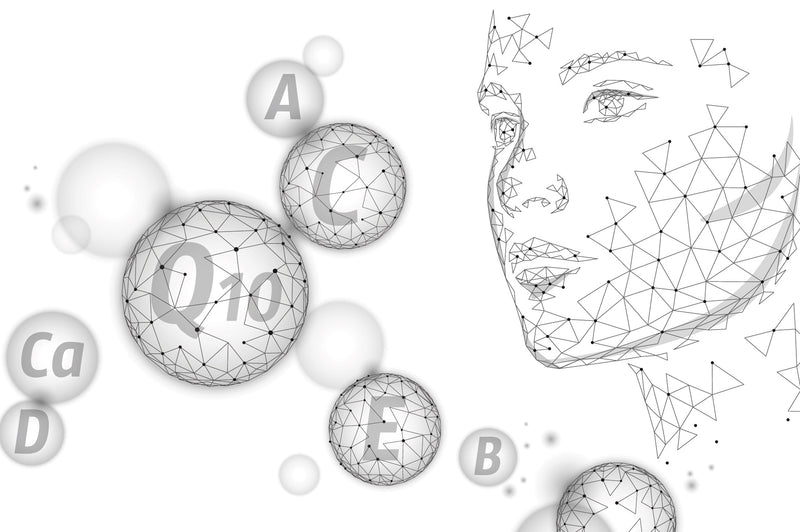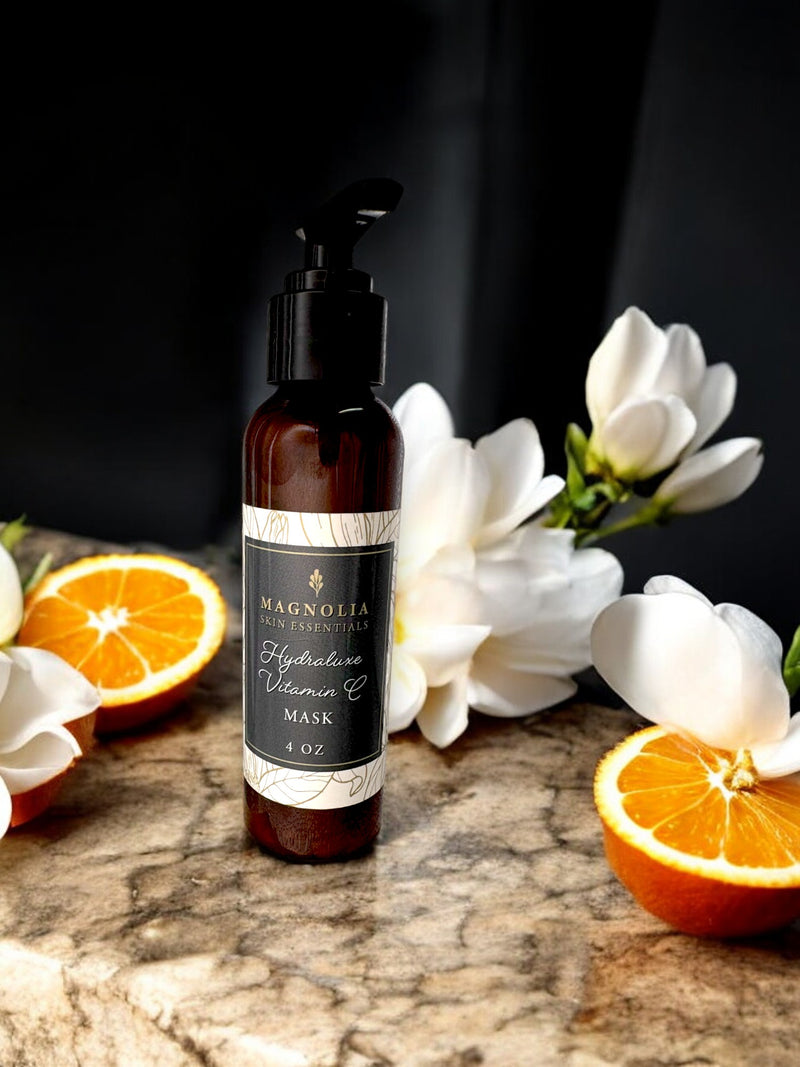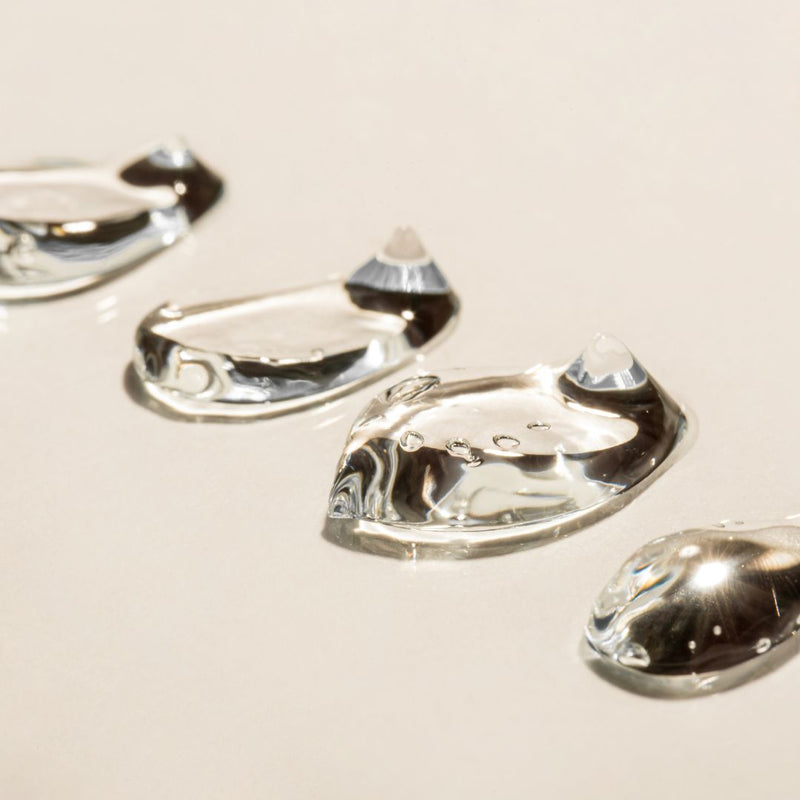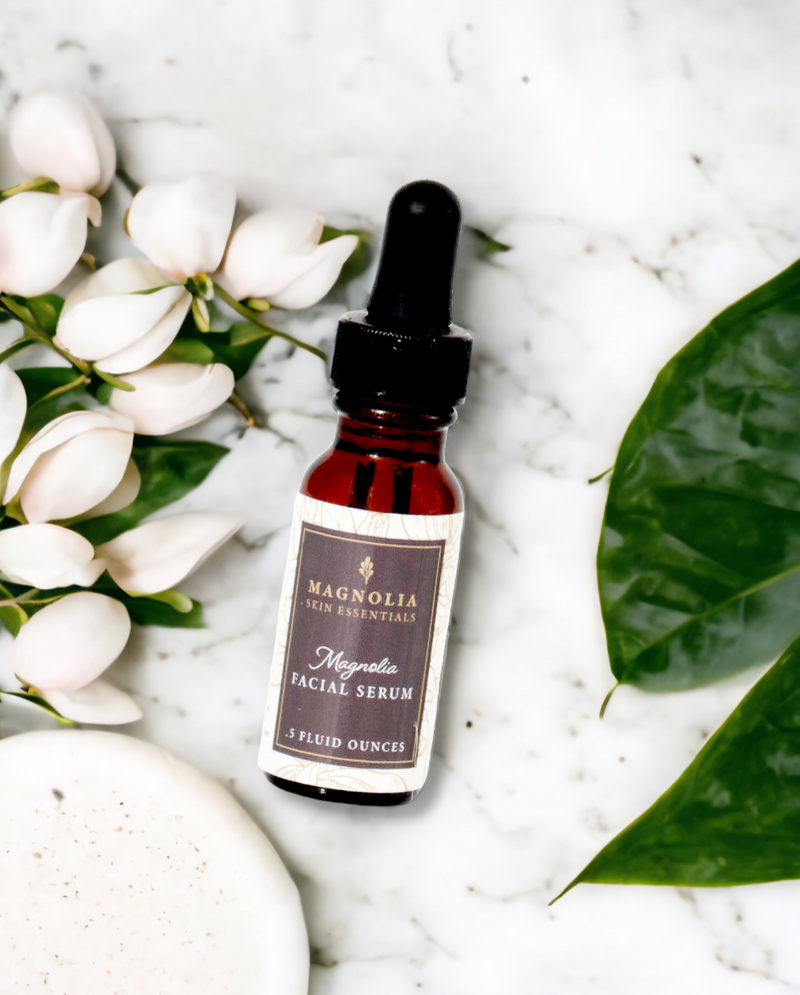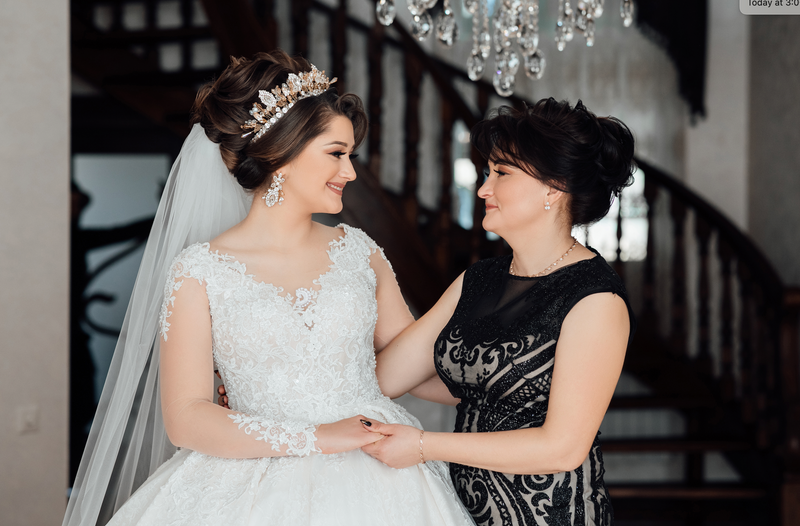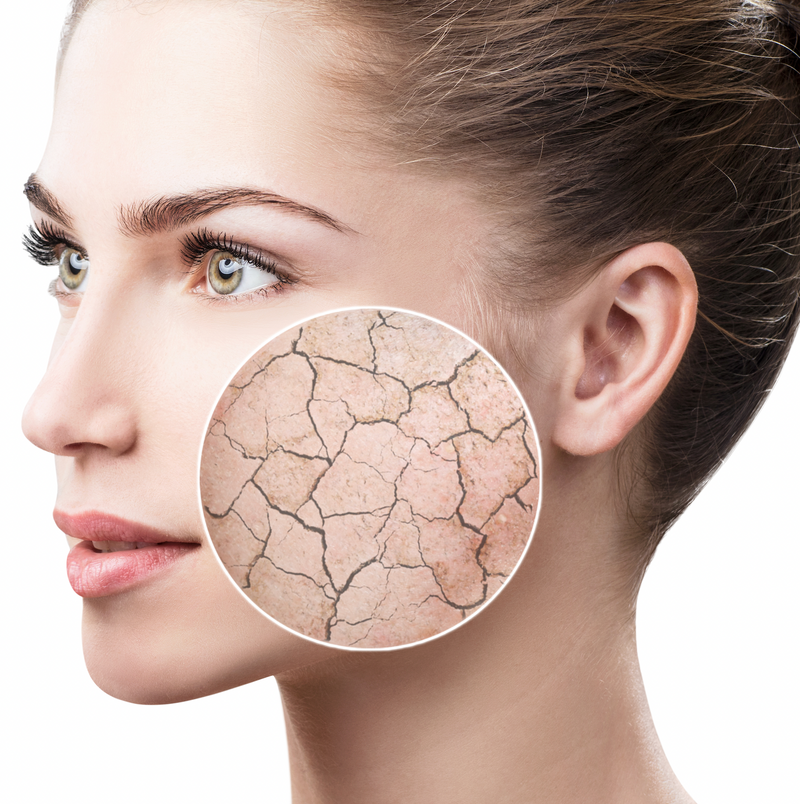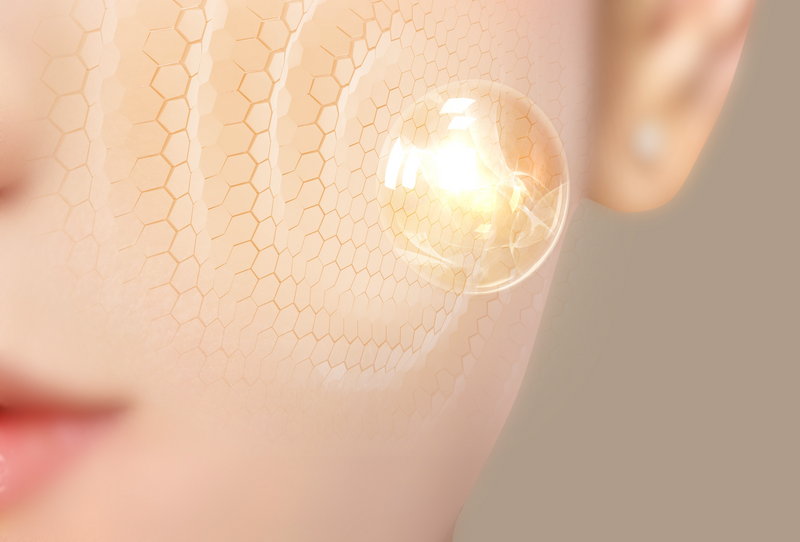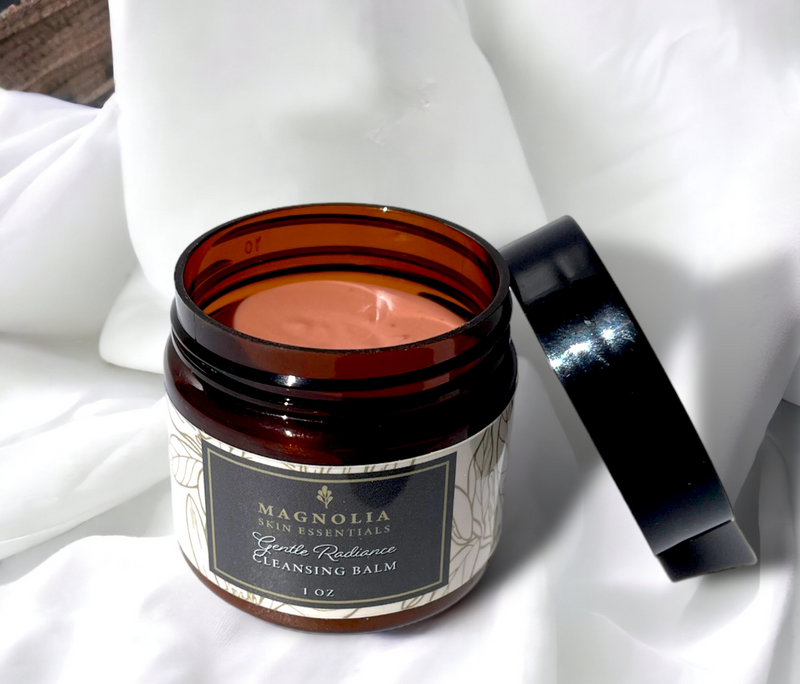As we move from our thirties to our forties and beyond, we often find ourselves reflecting on the various aspects of our health, and our skin is no exception. Our skin, being the body's largest organ, serves as a protective shield against the world outside. However, it's imperative that we acknowledge the significant role genetics play in determining our skin's health. Hereditary skin issues can impact anyone, and it's important to comprehend the causes, treatments, and preventive measures for optimal skin care. Let's delve into hereditary skin problems, their underlying factors, and how we can effectively manage them.
Understanding Hereditary Skin Problems
As we age, we may notice that hereditary skin issues such as eczema, psoriasis, and rosacea tend to run in our families. These conditions stem from genetic mutations that disrupt the skin's natural barrier mechanism, rendering it more susceptible to inflammation and allergens. Additionally, hereditary skin problems can make our skin more prone to infections, leading to persistent discomfort and pain.
The Interplay of Genetics and Environmental Factors
While genetics certainly lay the foundation for our skin's predisposition to certain conditions, we must also consider the impact of environmental factors on our skin's health. Stress, pollution, sun damage, and dietary choices are environmental factors that can affect our skin's well-being. Therefore, it's paramount for us to shield our skin from these environmental stressors and adopt a healthy skincare regimen to counterbalance their effects.
Proactive Preventative Measures
While we cannot alter our genetic makeup, we can certainly take proactive steps to reduce our risk or effectively manage hereditary skin conditions. Incorporating a nutrient-rich diet packed with vitamins and minerals can enhance our skin's health and bolster our immunity. Moreover, donning protective clothing, using sunscreen, and minimizing sun exposure are vital precautions.
Investing in skincare products tailored to our specific skin types is critical. Avoiding harsh chemicals and fragrances, and identifying what works best for us can make a significant difference. For these reasons, we recommend using products from our Gentle Radiance Collection, formulated specifically for sensitive/reactive/troubled skin.
Our exclusive blend of botanicals and ingredients such as Hyaluronic Acid, Magnolia Bark Extract, Hydrolyzed Silk, and Mulberry Leaf Extract nourishes your skin and creates a protective barrier, keeping pollutants and free-radicals away and moisture locked in.
This collection has been specifically created with unique sensitivities in mind. Easily absorbed, this luxuriously lightweight formula works effortlessly on all types of skin - giving it a smoother appearance with long-lasting moisture retention, while being gentle enough not to strip it of its natural oils.
Seeking Professional Medical Care
In some instances, hereditary skin problems may cause substantial discomfort and even impact our emotional well-being. Thus, seeking professional medical treatment is a crucial step in our skincare journey. Dermatologists can offer valuable recommendations, including oral or topical medications, laser therapy, or phototherapy. Lifestyle adjustments, such as effective stress management and dietary changes, can also alleviate symptoms and reduce the frequency of flare-ups.
In Conclusion
Regardless of our genetic predisposition to skin problems, it's important to acknowledge that various environmental factors can trigger or exacerbate these issues. Therefore, embracing preventive measures and promptly seeking medical attention should be our primary strategy for maintaining healthy skin. If we are dealing with hereditary skin conditions, taking diligent care of our skin and seeking medical intervention when necessary becomes paramount. By adopting a holistic approach to skincare and making healthy lifestyle choices, we can effectively manage these conditions, ensuring our skin remains radiant, resilient, and beautiful as we journey through our mid-forties and beyond.



